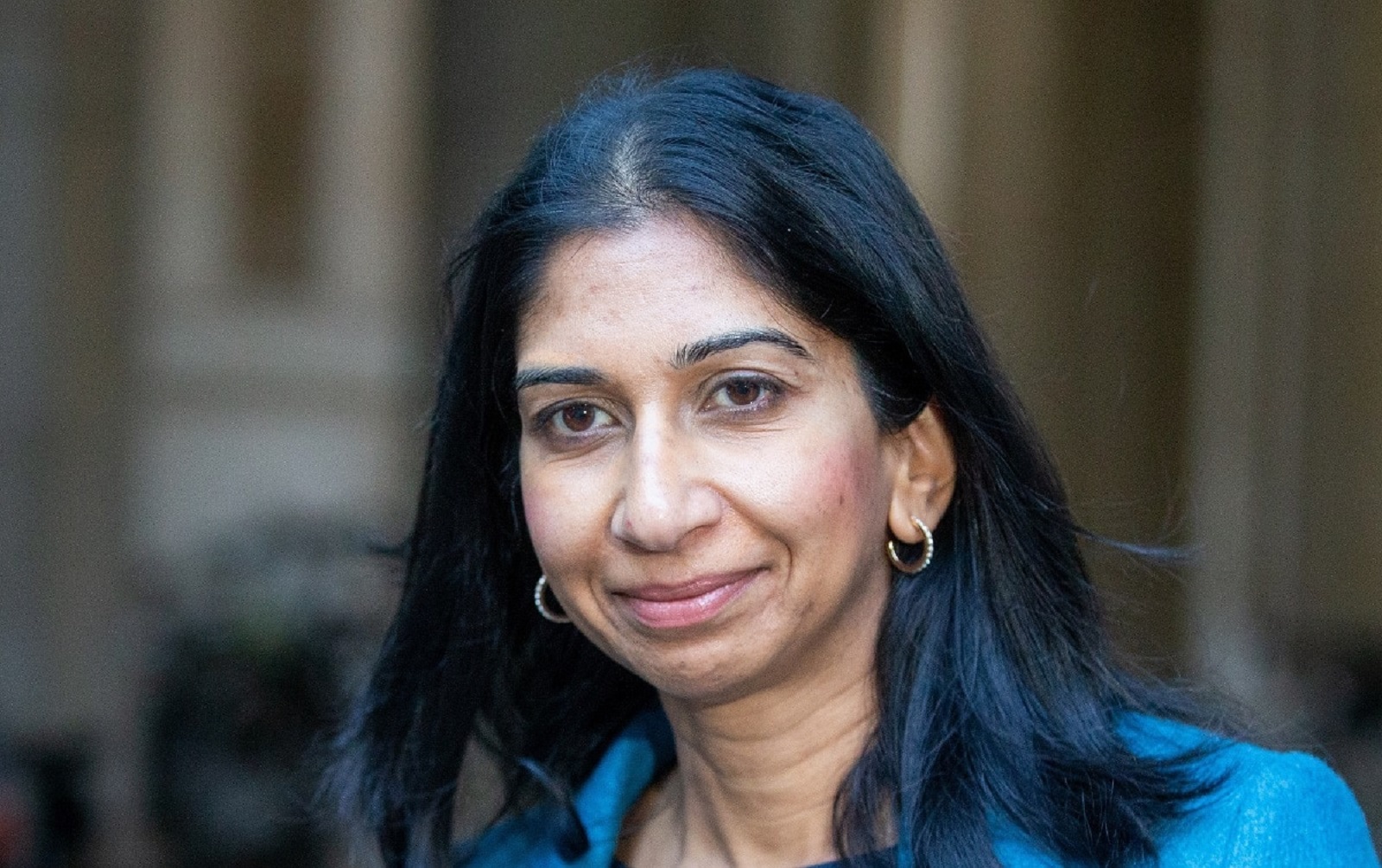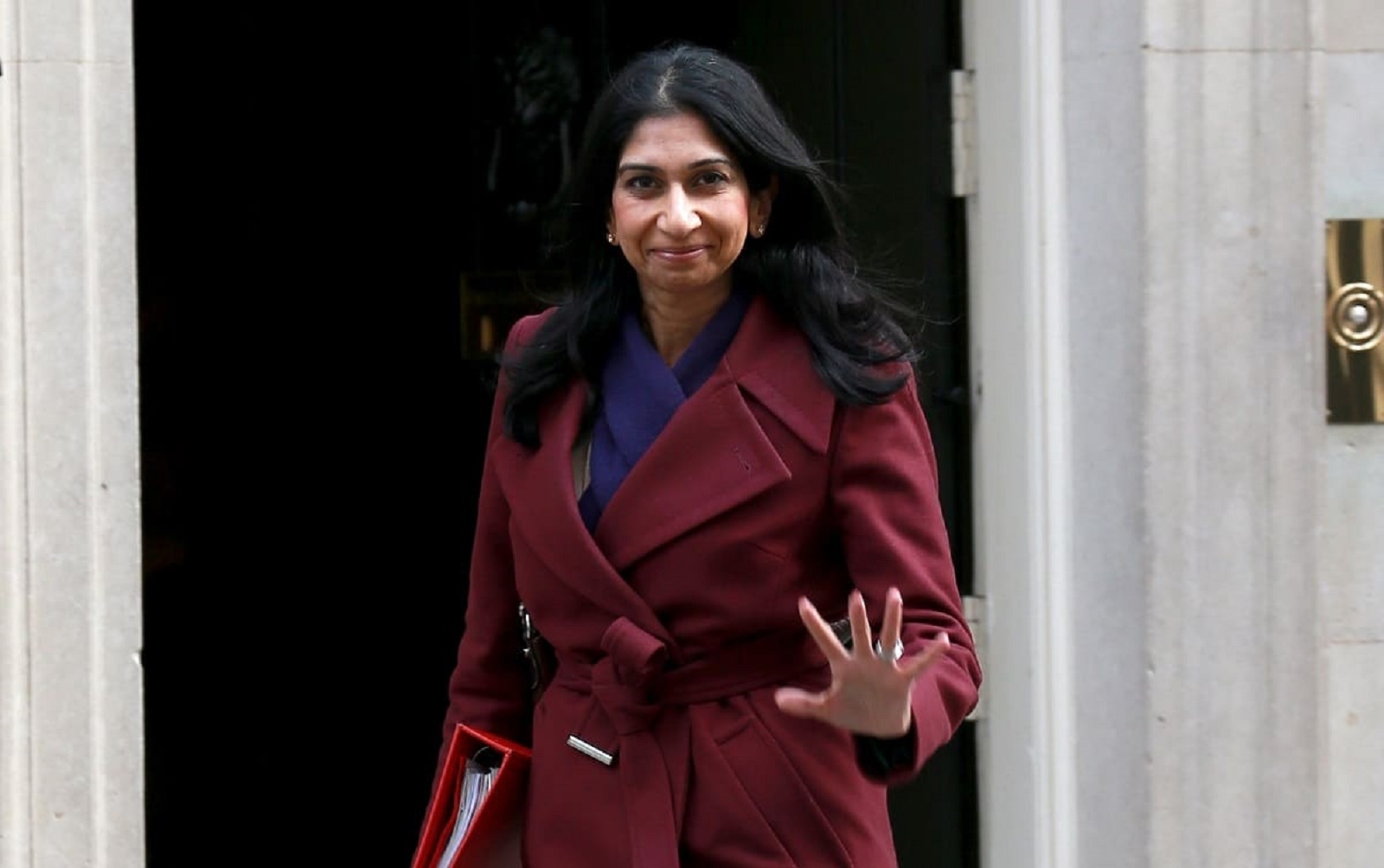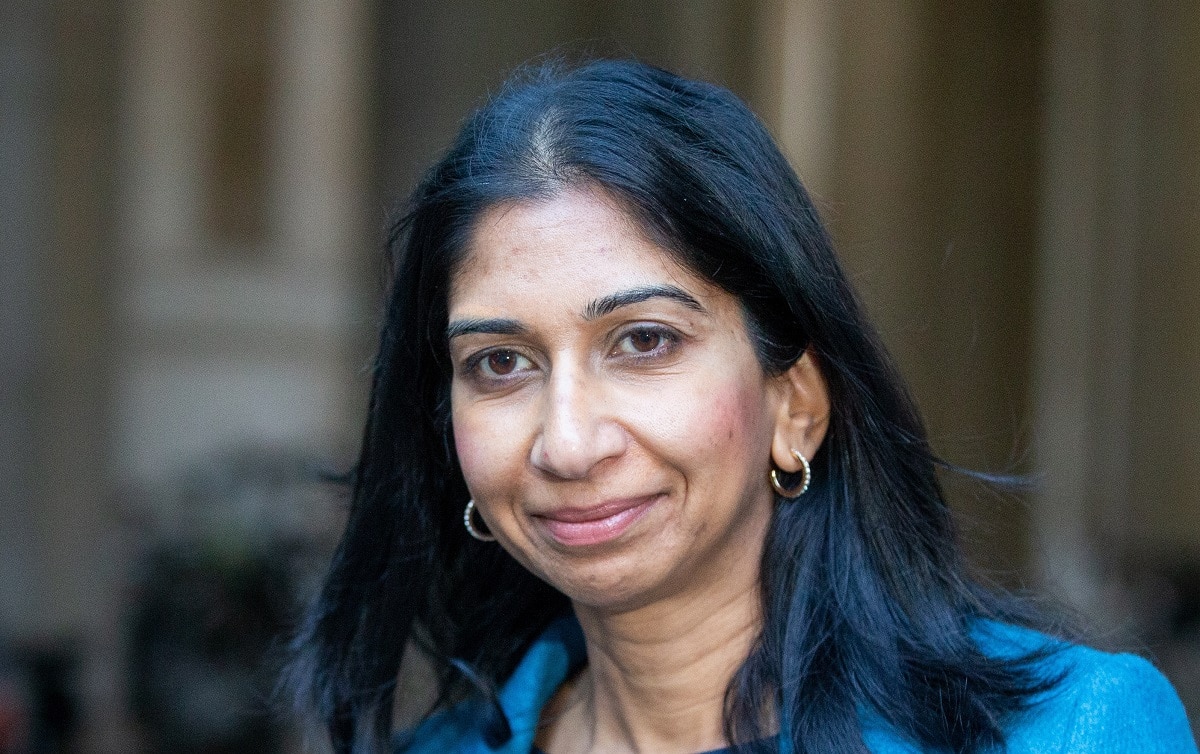After a report suggested that the British countryside has a “racist” and “colonial” issue that prevents ethnic minorities from moving to rural areas, Suella Braverman has hit out at the research.
Rejecting Claims of Countryside Racism

Suella Braverman dismissed allegations that the British countryside is “racist and colonial,” after a wildlife charity reported that ethnic minorities are prevented from living in countryside areas.
“Stop Making White People Feel Guilty”

Former Home Secretary Suella Braverman, whose parents are from an Indian background, said that she’s had enough of society making white people “guilty for being white.”
Wildlife Charities’ Perspective

Wildlife and Countryside Link asserted that the British countryside is a “racist” white space after researching diversity in rural British areas.
Braverman’s Message to Wildlife Charities

“Just because there are more white people than non-white people somewhere does not make it racist,” Braverman insisted before making comparisons to the area where she grew up.
Ethnic Minority Participation

Braverman argued that the concentration of ethnic minorities in urban areas is a natural outcome and questioned, “Does that make Wembley, where I come from and which is now a majority non-white area, racist because there are fewer white people who live there? Of course not.”
Linking Racism and Climate Change

The report responded to a call for evidence on the connections between racism and climate change, saying, “It is white British cultural values that have been embedded into the design and management of green spaces and into society’s expectations of how people should engage with them.
“White Spaces” Instead of Green

“Racist colonial legacies that frame nature as a ‘white space’ create further barriers, suggesting that people of colour are not legitimate users of green spaces,” the report said.
Critique of Critical Race Theory

Suella Braverman criticised concepts like “critical race theory,” and even “white privilege,” calling them “left-wing militancy,” and accusing them of being used to divide the country.
“Left-Wing” Division Claims

“More left-wing identity politics, victimhood & division. Not everything needs to be about race. The great thing about the UK is that people are welcome, if they have a positive attitude & respect others,” Braverman argued.
Braverman’s Personal Experience

Braverman shared her personal experience in an online post that started with, “No, the countryside is not racist,” and claimed she had “spent countless holidays camping, trekking, fruit-picking, orienteering & enjoying the British countryside.”
Braverman’s Countryside Experience

Braverman insisted that despite her Indian heritage, she “never experienced a problem” during her years of holidaying in the countryside, although the report suggests otherwise.
Evidence of Racism in Rural Areas

Evidence of racism in rural areas was found in a report by the BBC, which spoke about one woman of Ghanian heritage being mistaken for a care home employee while riding in a taxi.
Rural Taxi Driver’s Comments

According to the woman, the taxi driver said, “I know where you’re going – you’re going to work. We get a lot of carers down from London. They go off, look after people then get back on the train to London.”
Accusations of Racism

“He just assumed, looking at the colour of my skin, that I was a care worker and, in his head, that’s the only reason a black person could be at a train station in Dorchester,” noted Louisa Adjoa Parker, who is in fact a writer.
Ability to Agree on One Thing

Braverman and the report were able to agree on one thing: that ethnic minorities are more likely to live in urban areas. However, their perspectives were still very different.
Braverman’s Dismissal of the Issue

Braverman said, “Ethnic minority people tend to live in urban areas,” arguing that in a majority-white country, there’s bound to be spaces where whites dominate, “I don’t see a problem,” she said.
Ethnic Minorities In Heavily Polluted Areas

In return, the report took this information with a different perspective, “Sadly, evidence shows that people of colour in the UK are more likely to live in areas with less green space and that are more heavily polluted,” it said.
Ethnic Divide in Urban and Rural Spaces

As the former Home Secretary continues to fight against left-wing politics, reports continue to suggest that Britain is systemically racist in some shape or form, allegedly resulting in a cultural and ethnic divide between rural and urban spaces.
More Articles Like This…
Broken Britain: 12 Reasons Behind the UK’s Decline
Say the Unsayable: 10 Occasions When Farage Spoke His Mind About Britain
The post “The British Countryside Is Not Racist” – Suella Braverman Slams Research That Found Ethnic Minorities Are Being Excluded first appeared on Edge Media.
Featured Image Credit: Shutterstock / I T S.
Oscar Davies, an expert in US and UK politics and sports, is renowned for his sharp and engaging writing style, appealing to a broad spectrum of readers.

